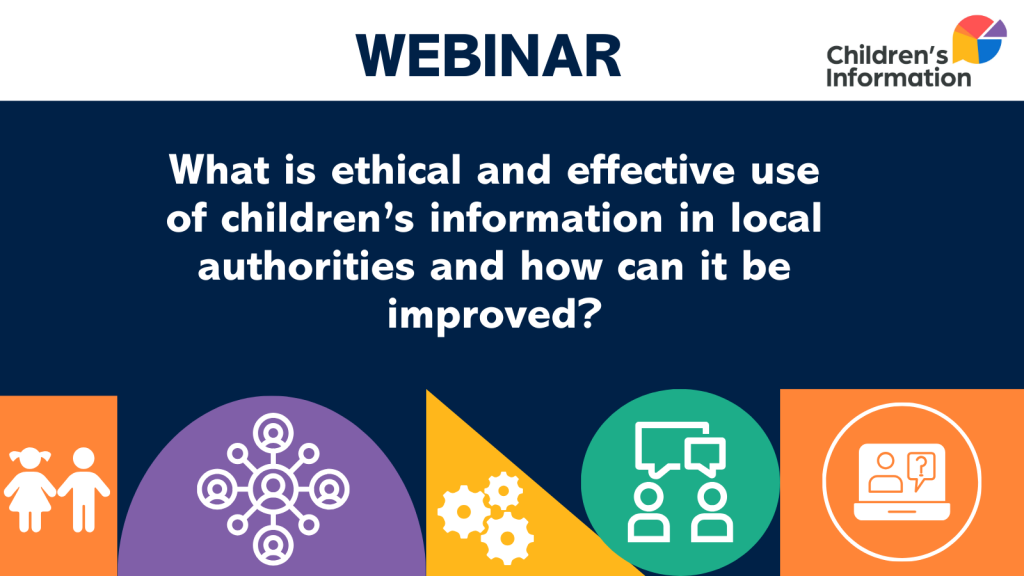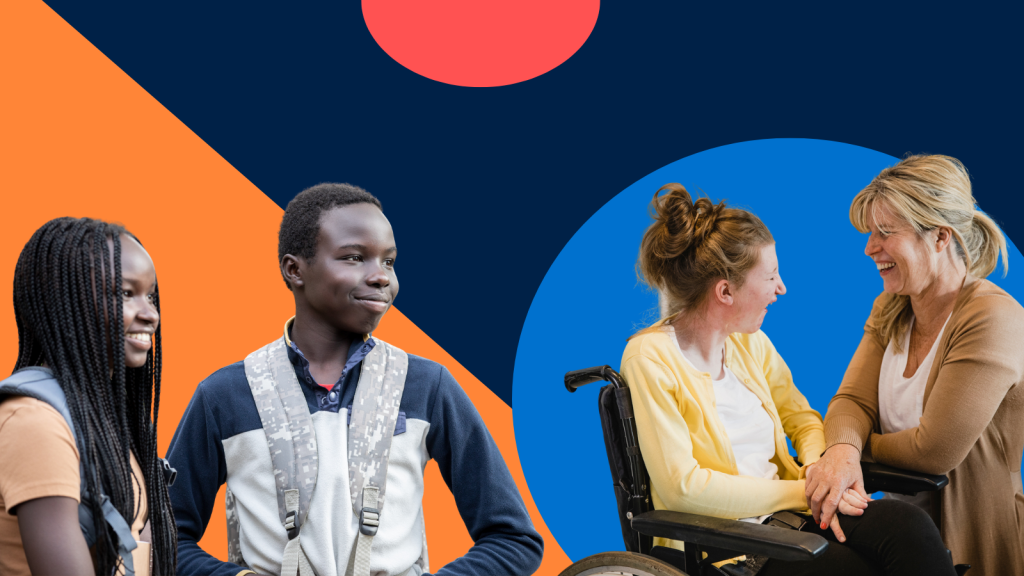A new report released by the Rees Centre evaluates the extension of duties for Virtual School Heads (VSHs) to include Children with a Social Worker (CWSW), reflecting on implementation from October 2022 to November 2024.
This initiative was motivated by concerns that CWSW (children currently or previously subject to a child in need or child protection plan) exhibit poorer educational outcomes compared to their peers.
Key findings reveal that the extension of the role of the VSH to include a strategic duty to promote the education of CWSW has brought a long overdue focus to this under-served cohort and increased understanding that absence and school exclusion can pose safeguarding risks to these children. This focus has stimulated more effective joint working between schools and social workers, raised the awareness of both and helped practitioners to better understand and respond to the needs of the children.
Researcher Alice Tawell said: “This report provides important insights into how the extension of Virtual School Head’s duties to children with a social worker has been implemented in England.
“It highlights the central role of partnership working and offers reflections that we hope will be useful to all partners as they continue to work together to improve outcomes for children with a social worker.”
The report also shows that VSHs have made good use of the increasing body of evidence that suggests adopting different, more relational approaches, can make a difference to the educational experiences of CWSW.
The results from the statistical analyses conducted as part of the evaluation are in line with the expectations of VSHs, that they are making headway with engagement (absence and suspension), but that attainment will take longer and may prove more difficult without substantial commensurate improvements to wider aspects of schooling such as funding and wider policy on inclusion.
Research officer Andrew Brown said: “This report reflects the tireless dedication and vision of Virtual School Heads, the wider school workforce, and colleagues in children’s social care who continue to strive to improve outcomes and create environments where children with a social worker can flourish.
“I hope this report, and the recommendations made within, not only recognises this commitment, but also proves useful to colleagues as they continue their vital work; informing practice and strengthening support for this historically underserved group of vulnerable children.”
Overall, while VSHs are optimistic about their impact, sustained efforts are necessary to continue improving educational outcomes for this vulnerable cohort.
The report concludes with several recommendations for the Department for Education (DfE) local authorities, Virtual School Heads and schools, emphasising the need for clarity around scope of the extended duties, new and revised statutory guidance, improved data systems and access, additional funding to support these vulnerable students effectively and continued partnership working.
Rees Centre consultant Alun Rees said: “This is essential reading for policy makers as the Schools & Wellbeing Bill completes its passage into law.
“We hope this report will make a significant contribution to a fresh and more coherent suite of statutory guidance focussed on narrowing the disadvantage gap in education outcomes.”










